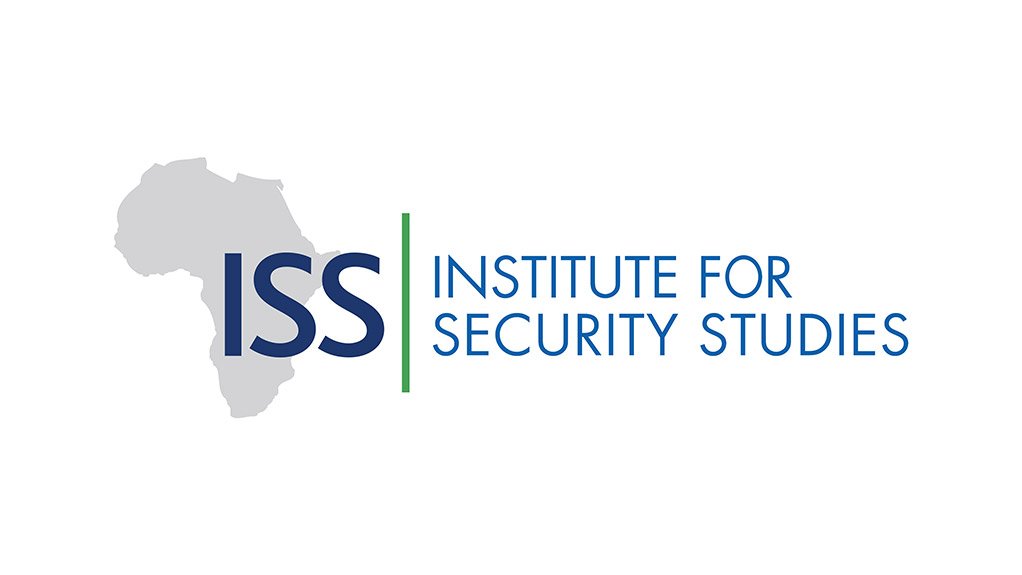Using harsh justice to resolve a political struggle could lead to youth radicalisation and violence in eastern Angola.
On 30 July, an Angolan court sentenced 198 people – men, women and the elderly – to four to eight years in jail for various crimes including criminal association, rioting, rebellion and damage to public property.
They had been part of a peaceful protest last year in support of the autonomy of the Lunda people in the diamond-rich Lunda Sul Province in eastern Angola. The protesters supported Jota Filipe Malakito’s pro-autonomy group-Manifesto Jurídico Sociológico do Povo Lunda-Tchokwe – a faction of the long-standing Lunda Tchokwe Protectorate Movement.
The movement, created in Lunda Sul and Lunda Norte and now also including Moxico Province, is fighting for independence for a region that holds Angola’s main diamond reserves, but is considered one of the country’s poorest.
Hundreds of people have already been arrested and jailed for supporting the separatist group. But government responses could become harsher and be replicated nationwide, with Parliament’s passing of the Law on Crimes of Vandalism of Public Goods and Services bill last month. The bill provides prison sentences of up to 25 years for people participating in public protests that result in goods being vandalised and services being disrupted.
Angola’s government has never recognised the separatists and doesn’t accept dialogue with its leaders. Local rights organisations have accused the state of carrying out political arrests and torturing group members.
The government has banned Angola’s press from reporting on the topic, so developments cannot be read about in state-controlled media such as Jornal de Angola, the country’s largest publication. Only international media such as Voice of America, Radio France Internationale and Deutsche Welle cover it, so awareness is low in Southern Africa.
Although leaders of Malakito’s group have presented their political manifesto to the African Union (AU) Chairperson, and taken the case to the United Nations (UN), regional and continental institutions have not intervened to help resolve the dispute.
Angolan and Southern African Development Community (SADC) leaders must work to find a negotiated solution. The state’s approach to resolving a political struggle through harsh justice such as detentions, torture and questionable court rulings, could fuel clashes between protesters and police in eastern Angola. That may in turn lead to youth radicalisation, which would worsen the violence.
The vandalism bill was approved with a majority vote in Parliament by the ruling People’s Movement for the Liberation of Angola (MPLA), which has been in power since the country’s 1975 independence from Portugal. The opposition National Union for the Total Independence of Angola abstained from voting on the bill, while rights organisations opposed it, saying it would frustrate their work.
The proposed law also provides for sanctions, such as closing down non-governmental organisations (NGOs) and political parties organising protests that damage public goods and disrupt services. Foreign citizens who participate in such demonstrations can be deported.
Justice, Peace and Democracy Association Chairperson Serra Bango told ISS Today that the law represents an attack on democracy. It is ‘an artifice used to control associations, NGOs and political parties that don’t agree with the regime’s policies. It is a clearly authoritarian law which, if it isn’t stopped, will allow the MPLA to perpetuate itself in power, but in a one-party regime. This is a step backwards.’
Angola has seen a rise in popular protests demanding improvements in living conditions, such as jobs and lower prices for essential goods – but also calling for respect for civil and political rights. The country’s police are described as violent and quick to arrest demonstrators. Angolan law also criminalises public protests.
Guilherme das Neves, President of the human rights law firm Associação Mãos Livres, said that in arresting the demonstrators, police had excessively applied article 333 of the Angolan Penal Code. This punishes the crime of ‘outrage against the state, its symbols and organs’. Sentences range from six months to three years for anyone who ‘offends or outrages the Republic of Angola, the President or any organ of sovereignty by words, images, writings, drawings or sounds.’
‘Based on this article, many young people who demonstrate with signs demanding that their rights be respected have been arrested, tried and sentenced. But the government realised that the sentence of up to three years in prison [was] lenient, so it passed the Law on Crimes of Vandalism of Public Goods and Services, which will increase the sentence to 25 years in prison for people who take part in demonstrations,’ das Neves said.
The vandalism bill is the state’s second attempt to severely punish people and organisations participating in popular demonstrations. The first was the NGO Statute Law, submitted to Parliament in 2021. It faced strong opposition from rights organisations and was ultimately not approved.
The Working Group for Human Rights Monitoring in Angola wrote to UN Special Rapporteur on the Rights to Freedom of Peaceful Assembly and of Association, Clément Voule, asking that the new bill be stopped. Although pressure from rights organisations convinced Parliament not to approve the NGO Statute Law, Guilherme says the restrictions proposed in that law have now been approved in the vandalism bill.
Angola’s civic space is shrinking, with the government controlling the press, using the police to repress peaceful demonstrations, passing laws that restrict fundamental rights, and meting out harsh justice to contain public demands.
In this climate, it seems unlikely that the government will use dialogue to resolve political disputes such as those of the separatist movement in the Lunda-Tchokwe protectorate. Regional institutions such as SADC and the AU should pay attention to the deteriorating human rights situation. They should advise Angola’s government to opt for the peaceful resolution of political disputes and allow the exercise of basic rights.
Written by Borges Nhamirre, Consultant, ISS Pretoria
EMAIL THIS ARTICLE SAVE THIS ARTICLE ARTICLE ENQUIRY FEEDBACK
To subscribe email subscriptions@creamermedia.co.za or click here
To advertise email advertising@creamermedia.co.za or click here











